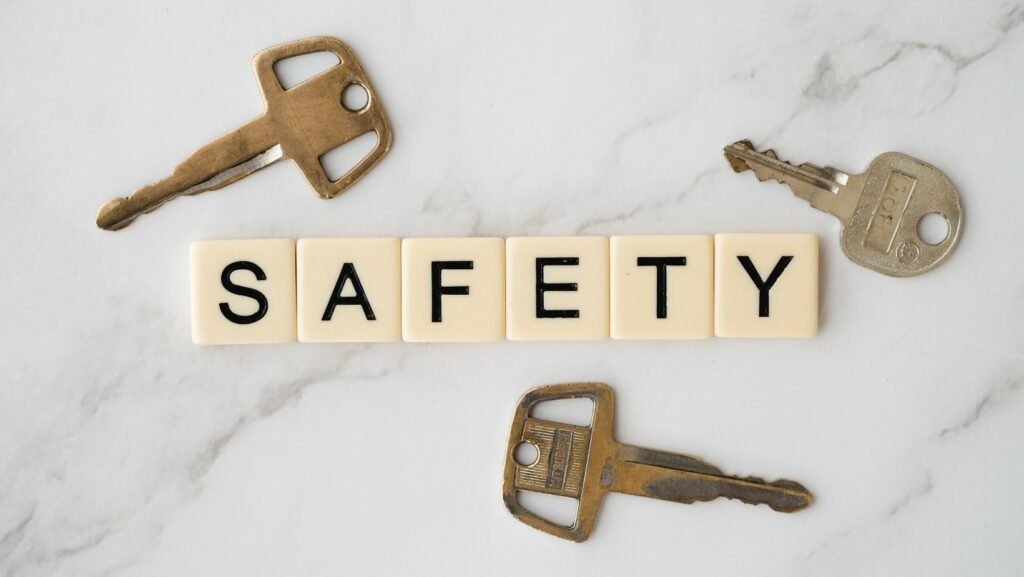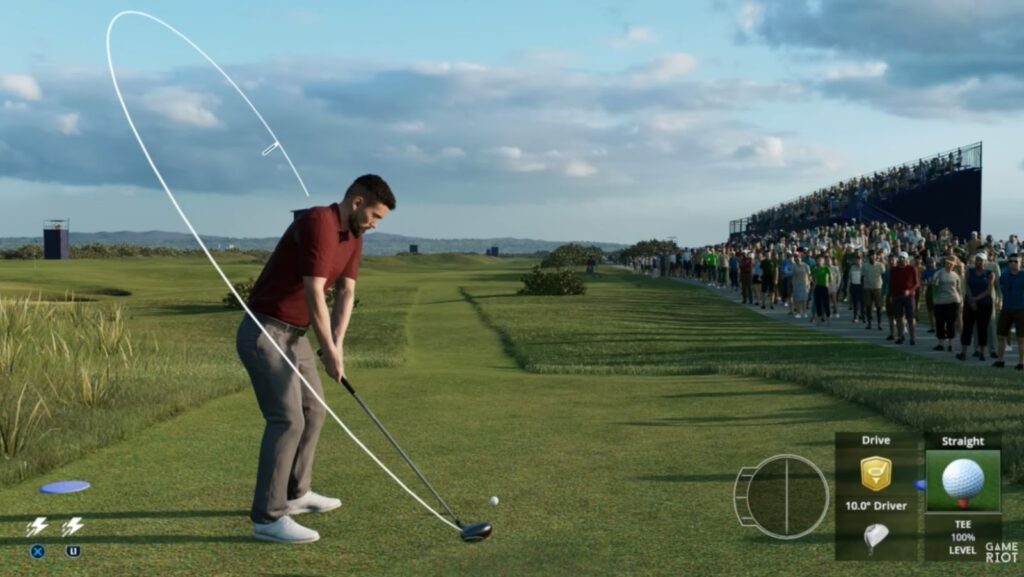How Can You Protect Yourself on Social Networking Sites Cyber Awareness 2023
Are you concerned about your personal safety? Worried about the rising crime rates in your neighborhood? Well, you’ve come to the right place. In this article, I’ll be sharing some valuable tips on how you can protect yourself and stay safe in today’s unpredictable world. From simple everyday precautions to more advanced self-defense techniques, I’ll cover it all.
In an era where personal safety is of utmost importance, it’s crucial to be equipped with the knowledge and skills to protect yourself. That’s why I’ve put together this comprehensive guide on self-protection. Throughout this article, I’ll be sharing expert advice and proven strategies to help you feel more secure and confident in any situation.
From assessing potential risks to developing situational awareness, I’ll provide you with the tools you need to stay one step ahead. So, whether you’re looking to enhance your personal safety at home, at work, or while traveling, this article has got you covered. Let’s begin this journey towards a safer and more secure future together.
Why is Self-Protection Important
Physical Safety
Protecting myself physically is a top priority. In today’s unpredictable world, knowing how to defend myself can make all the difference. I cannot rely solely on others to keep me safe, so I take personal responsibility for my well-being. By learning self-defense techniques and adopting preventive measures, I am better equipped to handle potential threats and protect myself from harm.
Self-protection goes beyond just physical strength or martial arts skills. It involves being aware of my surroundings, identifying potential risks, and taking proactive steps to minimize them. This could mean avoiding high-risk areas, being cautious while walking alone at night, or locking my doors and windows to prevent unwanted intrusions. These seemingly small actions can significantly enhance my physical safety and reduce the likelihood of becoming a victim.
Mental Well-Being
Self-protection isn’t just about physical safety; it also extends to my mental well-being. Feeling secure and confident in my environment is crucial for my overall happiness and peace of mind. By prioritizing self-protection, I can create a sense of control and empowerment in my life.
Knowing that I have taken steps to protect myself allows me to navigate the world with greater confidence and freedom. It helps alleviate the constant worry and anxiety that can arise from feeling vulnerable. Investing in self-protection strategies helps me develop a heightened sense of situational awareness, enabling me to make informed decisions about my safety.
Understanding Personal Vulnerabilities
To effectively protect ourselves, we must first be able to identify potential risks in our surroundings. This is not about living in constant fear but rather about being aware and prepared. Here are a few key points to consider:
- Situational Awareness: Stay alert and tuned in to your environment. Avoid distractions such as excessive phone use or being lost in your thoughts. By staying present, you are more likely to recognize any potential threats or dangerous situations.
- Recognizing High-Risk Areas: Certain places may pose a higher risk than others. For example, poorly lit areas, secluded spots, or areas known for criminal activity may be more dangerous. By identifying these high-risk areas, you can be extra cautious and take appropriate precautions when necessary.
- Intuition: Trust your gut instincts. Often, our intuition can provide valuable information about a person or situation. If something feels off or makes you uneasy, it’s essential to listen to your inner voice and take appropriate action to ensure your safety.
Assessing Personal Boundaries
Understanding and setting personal boundaries is an essential part of self-protection. It’s crucial to establish limits and communicate them effectively with others. Here’s what you need to consider:
- Physical Boundaries: Determine what physical contact you feel comfortable with and establish clear boundaries. Communicate your limits firmly and assertively, making it clear to others how you expect to be treated physically.
- Emotional Boundaries: Emotional boundaries are equally important. Recognize your emotional limits and be aware of how others’ words or actions may impact your emotional well-being. It is okay to say no and establish distance when necessary to protect your mental and emotional health.
- Digital Boundaries: In today’s digital world, protecting our personal information is crucial. Be mindful of the information you share online, set strict privacy settings on your social media accounts, and avoid accepting friend requests or engaging with suspicious individuals.
Recognizing our vulnerabilities and establishing personal boundaries is key to self-protection. By being proactive and assertive, we can minimize risks and maintain control over our personal safety.

